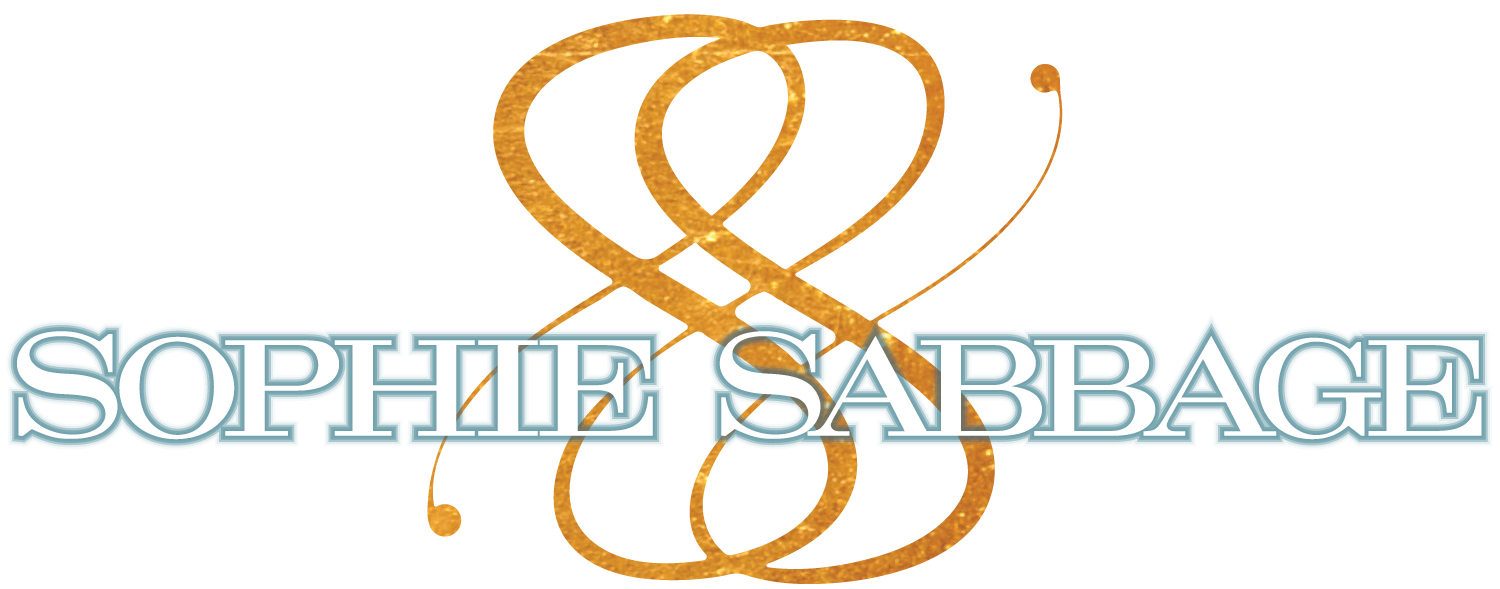I have cancer. Cancer does not have me.
On 13th October 2014 I was diagnosed with Stage 4 ‘terminal’ cancer – multiple tumours in my lungs, lymph nodes, bones and brain. I was 48 years old.
Eight years previously I had married John, the love of my life, and our daughter, who I had waited many years to have and conceived against considerable odds, was nearly five years old when we received this news. To be faced with leaving her at such a young age has been a source of unimaginable grief and longing. My longing to raise her has inspired me to do all that I can to stay here. I used to say I would die for her, but now I say I would live for her.
Within days of diagnosis the survival plan began, the grasping at a future I wasn’t ready to relinquish and the instinctive need to keep it quiet for as long as possible. To hold it close.
There is no more direct an encounter with your vulnerability than being told your time is up – and even then we tend to talk about the disease, but not our experience of having the disease (let alone of facing death).
My doctors asked me how my body felt, but not what my heart felt. Stoic silence hung like a fog over the waiting room at my local oncology centre where a diverse group of people sat with the same disease, the same fears and dreams and pangs of sorrow, keeping themselves to themselves. Not connecting. Not talking. Not encouraging one another. Not wailing in unison for the fading light.
This is the culture I live in: don’t talk about it, except in private; keep the pain and fear in. I have worked in the field of personal development for over twenty years and know what not talking about it costs. That which is unnamed and unacknowledged within us festers into dis-ease – mental, spiritual, emotional and, yes, physical. Keeping the pain and fear in also keeps the joy and wonder out. Silence it for long enough and it can consume you.
So, three months after my diagnosis, I started a blog despite being cautioned by some who care about me not to place this most private, personal journey in this most public, impersonal domain.
But here’s the thing. Vulnerability is the gateway to healing and the cornerstone of wellness. It’s the most accurate indicator of my humanity, authenticity and ability to love and be loved. It’s how I know I’m really here. To refuse vulnerability when my life is on the line would be to refuse my best chance at feeling fully alive in whatever time I have left.
We need to talk about cancer. We need to talk about suffering. We need to talk about our deep down fear of dying, chiseled by a culture that celebrates all things young and shiny and perfectly formed. We need to grieve the thousand losses, big and small, that we’ve collected since childhood and silenced for safekeeping. We need to become emotionally and spiritually well.
This is why I wrote The Cancer Whisperer ten months after I was diagnosed. I had no idea that it would go ‘boom’, but I think it was because it helps patients navigate the fear that so easily takes hold and makes our decisions for us. It helps them reclaim some power.
I am under no illusions about the gravity of my situation, but I am not willing to accept the limited options available in the UK or the cautious mindset and legal system that prevent doctors being able to experiment and innovate with terminally ill patients. So I am doing all I can to integrate the best of orthodox and complementary treatments to maximum effect.
I am now approaching my five year cancerversary. I have had multiple brain tumours three times in as many years. There have been some very dark nights of the soul. But I am still here. I feel alive, creative, in my dharma – for however long that may last. I have become a patient activist and voice for others. This is an unexpected privilege which I embrace wholeheartedly. During this time, I have discovered it is possible to be well even when you feel ill and to live boldly even when – perhaps especially when – you’re told you’re going to die.
One way or another this story will have a juicy ending and I hope telling it will continue to make a difference to others. Meantime my task is to inhabit the rarefied space between my fierce will to live and necessary willingness to die, the place where I am determined but not expectant, at cause but not in control. And in the midst of all this uncertainty I have been certain about one thing from the beginning – that I have cancer, but cancer does not have me.


